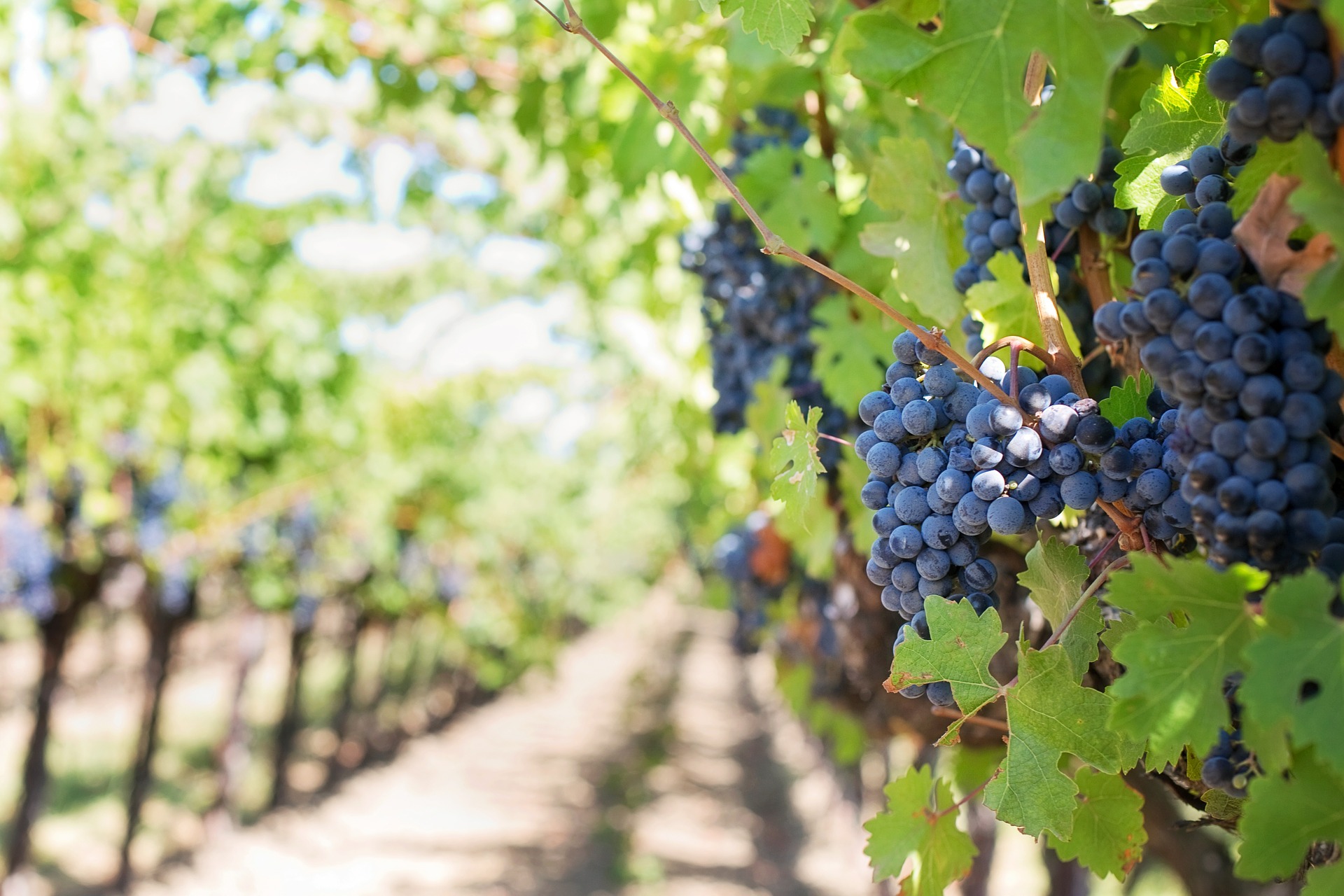Regenerative Grape Growers and Wine Producers
Published: December 21, 2017
Do you know what a “regenerative farmer” or a “regenerative wine producer” is? Think in terms of an organic producer or farmer on steroids. The intent is to put carbon back into depleted soils and in so doing bring them back to life, to levels of health not seen in many, many decades. Healthy soils produce healthy crops, require little if any fertilization, support a healthy community of bacteria, and retain water, requiring little if any irrigation. As far as grape growing and wine making is concerned, healthier soil yields stronger, healthier grape vines that produce higher quality grapes, increased yield, and perhaps most important of all, grapes that express the “terroir” of the land much more than normal. Winemakers pride themselves on how expressive their wines are of the soil, the mineral content, and its various other components. Healthy soil allows all of that to happen.
“So what?” you might ask, “Why should this concern me”? Good question, this blog will outline some of the reasons why you should be concerned, and will highlight some of the wineries who are doing something about it, with good results.
I am going to assume that pretty much everyone in the modern, well informed world (with the possible exception of Donald Trump), are convinced that global warming has caused extreme climate change. California wildfires consume huge tracks of parched dry land (destroying several vineyards and coating several more with a black soot rendering this year’s crop useless), a killer frost in Bordeaux at the end of April 2017 destroys many grape vines, monster hurricanes lay waste to much of the Caribbean and ravage US coastal regions, and all the while average temperatures around the world continue to climb.
Carbon dioxide in the atmosphere continues to increase, while desertification continues to grow as more and more soil converts into worthless dirt, and all of the nutrients are leached out of it. As more and more arable farmland weakens in nutrients and good bacteria, more and more fertilizer is required to grow produce in that increasingly nutrient deficient soil.
This past October, I attended the Living Soils Symposium Montreal, a 3- day conference which discussed regenerative agriculture and its potential to sequester atmospheric carbon while simultaneously restoring our fresh water reserves, preventing desertification and restoring the nutrient density in our food. The event was a huge success, and highly informative. This event spawned the creation of Regeneration Canada, a non-profit organization dedicated to building a national movement aimed at teaching farmers, food manufacturers, governments, and others how to rejuvenate and restore depleted soils by absorbing the excess carbon dioxide from our atmosphere back into our soils, through simple basic farming practices. This process will reverse the harmful effects of climate change and restore badly depleted farmlands to their natural healthy state. So this sounds like a great plan of action to me, but how does this tie into this wine blog about regenerative wine producers?
After some research I found 5 wineries engaged in either regenerative wine production or very sustainable practices. Two of them are local Canadian wineries in the Niagara region, RedStone Winery and Southbrook Vineyards. Chateau Maris is located in the Minervois district of the Languedoc in southern France, while Chateau Smith Haut Lafitte is found in the Pessac-Leognan region of Bordeaux. But by far the largest, and most recognized for their sustainability efforts, in this group is Fetzer, in California.

